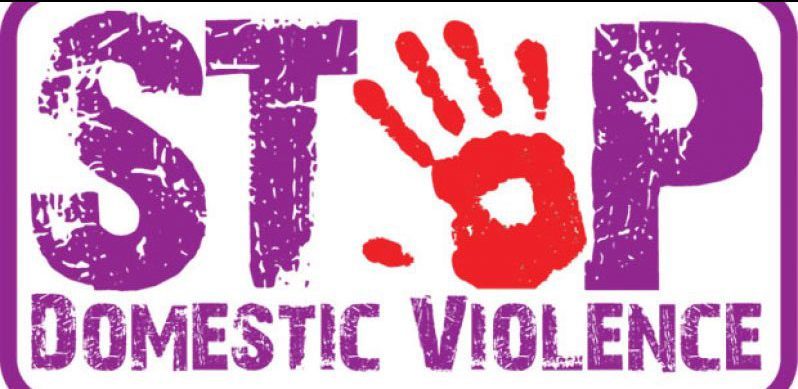By Vanessa Cort
THE day before my last article on domestic violence appeared in this paper, a friend was abused by her spouse, following a birthday celebration at a creek resort.
One of her adult sons, who was present at the time, had to step in and actually dealt his father a few blows, in order to stop the beating, as his mother cried out.
And herein lies one of the tragedies of domestic violence – the effect it has on children in the home, who are either forced to become involved or are innocent bystanders.
In a recent conversation on this subject with psychotherapist, Shane Tull, he recounted how one child in an abusive home blamed her mother, who she said, hid the abuse from them until they eventually found out about it. She accused her mother of ‘taking them (the children) through it’.
Another young man, who reached out to him for anger management classes said he grew up watching his father beat his mother. So parents are “modelling behaviours” for their children because boys living in such an environment feel this is the way to treat a woman, while girls learn to expect this kind of treatment. So the cycle continues.
And looking at some of the reasons why women get into abusive relationships and find it difficult to leave, he said, “Women fall in love with who they think the person can be, not who the person is.” When their spouse, who may be charming and charismatic in public, turns into a “monster” behind closed doors, they are ashamed to reveal it and often think that no one will believe them. Women also tend to have a misguided urge to try and “save” their abuser.
“It’s not your job to save people,” he chided, adding that the victim’s job is to save herself and her children.
However the psychotherapist acknowledged that domestic violence is “layered and multi-faceted”, pointing out that, “There was a time when it was considered okay for a man to beat a woman.”
Then, victims, who often returned to their parents’ homes, were advised to go back to their husbands, something which is still happening today though to a lesser extent. In these cases the abuse is not reported as it is not considered serious.
“We must recognise that culture has a lot to do with it.”
TULL SAID
However, while he was adamant that the abuser must take responsibility for his actions and face the consequences, he also advised that the individual should receive the appropriate support and treatment, saying, “We don’t want to victimise the perpetrator.”
The consultant recommended mandatory fines and anger management classes for abusers, along with mandatory therapy and counselling sessions for couples from the time the matter is reported.
He was particularly critical of what he termed “misogynistic music”, where singers vilify women and refer to themselves and females in derogatory terms, often promoting violence and verbal/psychological abuse.
“Violence is not okay at all,” he said emphatically, posing the question, “How do we get young men to respect women?” and suggesting that this could best be achieved by mentoring sessions where young men would also be taught to prepare for relationships and fatherhood.
Many men are ill-prepared for the responsibilities of maintaining a family and caring for children and when the pressure builds up they blame their partner and vent their frustration with violent outbursts.
Victims on the other hand need our constant support and should not be treated as if they either like or deserve to be abused. “Our job is to really support the victim,” Tull said.
It seems clear that until we do take definitive legal action, from the time abuse is reported, domestic violence will continue to plague our society and the cycle of violence will not end as our children practise what they see.




.png)









